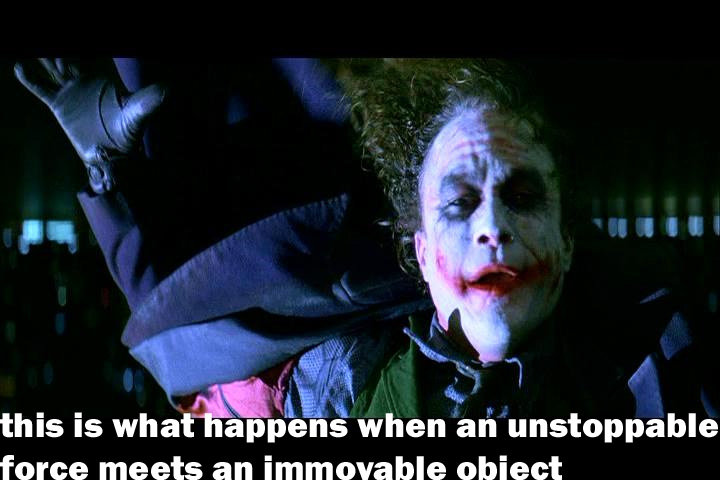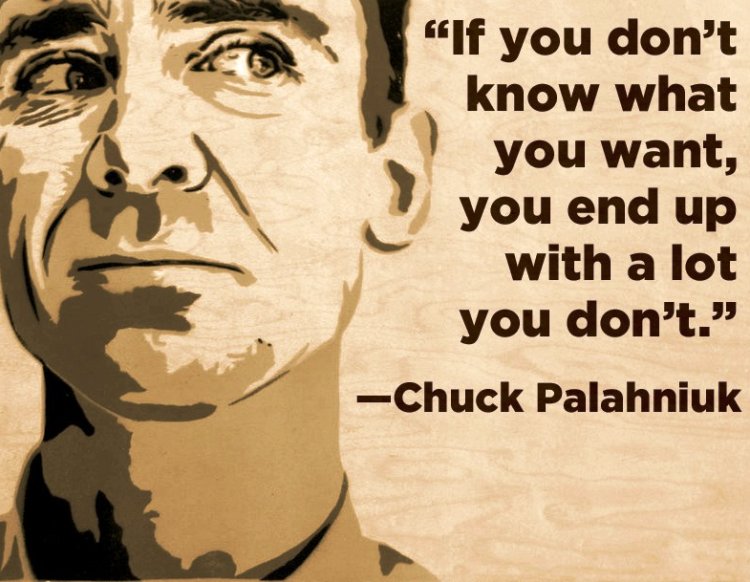
I’m Not Listening (Verbal Communication)
I’ve I’ve said it once, I’ve said it twice, and I’ll probably say it a few more times for good measure.
Basic communication is essential, whether you are a painter, photographer, graphic designer, actor, musician or any other kind of creative professional. If you can become an expert of communication, then the sky is limit in terms of success with your business, hobbies or however you choose to pursue your art. Want to nail that audition? Communicate. Have to organize a meeting for a grant proposal? Communicate. Need to put time in at a trade expo and you want to gain some prospects? Communicate.
Just ask Descendents. They know.
We’ve covered it before, but there are four kinds of communication – written (I chose email as our example), verbal, non-verbal, and interpersonal.
Today we are going to focus on verbal communication and I’ll cite some specific examples from pop culture, and maybe one from my life, that demonstrate the importance of following etiquette as best we can. Now, granted, there have been countless books written on the topic of verbal communication alone, so we can’t expect to simplify the topic in one post, but I think this will be a great primer for anyone who needs some guidance. Whether you are well versed in the subject or merely a spectator.
Move Or Be Moved
Verbal communication, just like the three other forms of communication, requires the sender to convey needs, thoughts and feelings – feelings being what I personally think are central to a lot of communication problems. Conveying what you need can be just as difficult, but for many people it is even more difficult to express emotions in a healthy way. It’s not something which can be easily taught either
It seems as if emotions are either over-expressed in outbursts of anger and sorrow OR held back and expressed non-verbally.
This is why so many families fall into cyclical habits of rebuffing each other with the same arguments and literal arguments over and over again. Without having an alternative strategy to communicate, we persist at explaining our ideas, thoughts, and feelings, without making room for the other party to understand from their position.
When we are capable of emphasizing then dialogue opens up, otherwise the adage of rocks versus hard places presents itself. The Dark Knight sums it up perfectly in fact – within the context of the Nolan Dark Knight trilogy, The Joker and Batman were always going to interlocked in perpetual battle because they couldn’t relate to each other. This also applies to the Batman mythos in general, but more importantly, it applies to those situations where people are at consistently at odds.
Missing You(r Point)
Effective verbal communication really comes down to clarity of speech, a calm and focused delivery, following conventional etiquette while simultaneously correcting for environment etiquette, and being polite and encouraging in dialogue. Simple right?
If you’ve ever seen the movie The Break-up, featuring the under-appreciated talents of Vince Vaughan and Jennifer Aniston, then you are likely familiar with the scene where the very much mismatched Gary and Brooke finally have the relationship ending fight that leads to Brooke saying “I’m done.”
Yes, it’s tough to watch, because we’ve all been there at one time in our lives. Whether the male or female in the relationship (or masculine energy VS female energy for our non-hetero friends). I challenge you to watch the movie for the dynamic between the two before the break-up and immediately preceding the break-up, but before the movie falls apart into rom-com shenanigans.
Those kind of shenanigans.
The main point I want you to walk away with dear readers, is that as much as talking is important in a conversation, listening is far more valuable because it endears each party to the other, allows for a more thorough discussion, and limits conversations stoppers like judgment, self-centredness, derailing the topic, or ignoring the other speaker.
theories Summarized
All that said, no I didn’t leave you with a proper road map on verbal communication.
But I did warn you that this was a heavier topic then one post could cover. I fully expect to cover more tips and strategies for proper communication in coming months. Developing character and honing the correct life skills is absolutely essential in your communications, and if it wasn’t, I wouldn’t be able to run timotheories at all. This is a community based vision, and honouring differences of others through respectful discussion is key to that end.
Put these theories to work creative cuties, and you’ll see the positive results for yourselves.
Tim!







